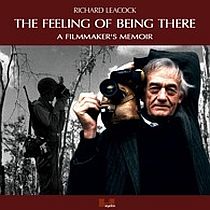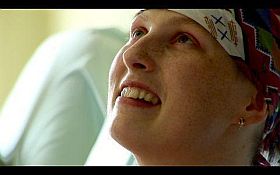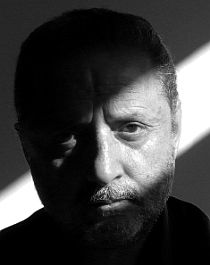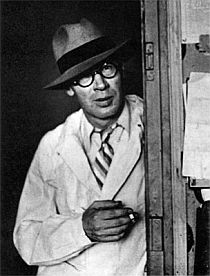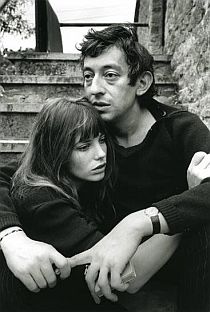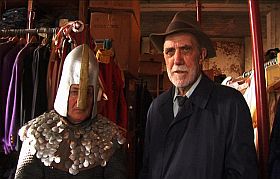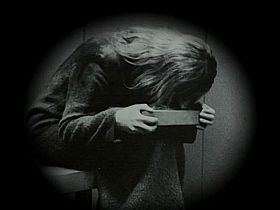


Dox Box Impressions/1
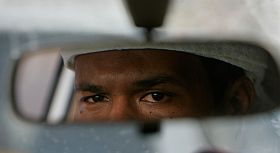
There is no revolution in Damascus – small demonstrations in front of the Egyptian and Libyan embassy were stopped immediately by the authorities – but there are many revolutionaries among the participants at the Dox Box Campus that runs parallel and as an integrated part of the Dox Box documentary film festival. The Egyptian young filmmakers were all on the Tahrir Square in February when freedom was in the air. ”They all want to make documentaries now”, says one of the participants with a smile. A former stewardess she is here to promote a film project about a young woman with a hearing problem – who expresses herself through paintings, as the director does through her film. Both come from a background with mothers who protect them in a way that is also caging them. A soul-sister documentary.
Smoke is in the air in Damascus, must be the most smoking city in the world!, but ideas are also floating in the rooms of the Dox Box festival, where filmmakers meet mentors and funders. A young Lebanese male director has an exciting film project called ”My Uncle the Terrorist” – Fouad Chemali was one of the main figures behind the Black September movement, a poet, a lawyer and a political activist. He died in 1972 before the happenings at the Olympics in Munich. The director – through his mother and the brother of Fouad, and several other people who knew Fouad – wants to make a film ”from inside” wanting to understand who he was and why he decided to go for the planning of the Munich massacre on Israeli sportsmen.
And what about a film from Saudi Arabia about entertainers… in a country where there are no cinemas, public concerts do not happen. A flamboyant director presents the film here in Damascus – characters so far in the film are a stand-up comedian and a magicien, in will come, probably, a musician and a filmmaker.
What can you do as a mentor… inspire, encourage, inform, I would say… Among the mentors is cinematographer Kirsten Johnson, who shot ”The Oath” (PHOTO)together with Laura Poitras, and who is very generously sharing her advice to the Middle East participants hungry for inspiration. It is indeed a scoop for the festival to have her present, one thing is to be a good cinematographer, another is to have the pedagogical skills to convey what you are doing.
